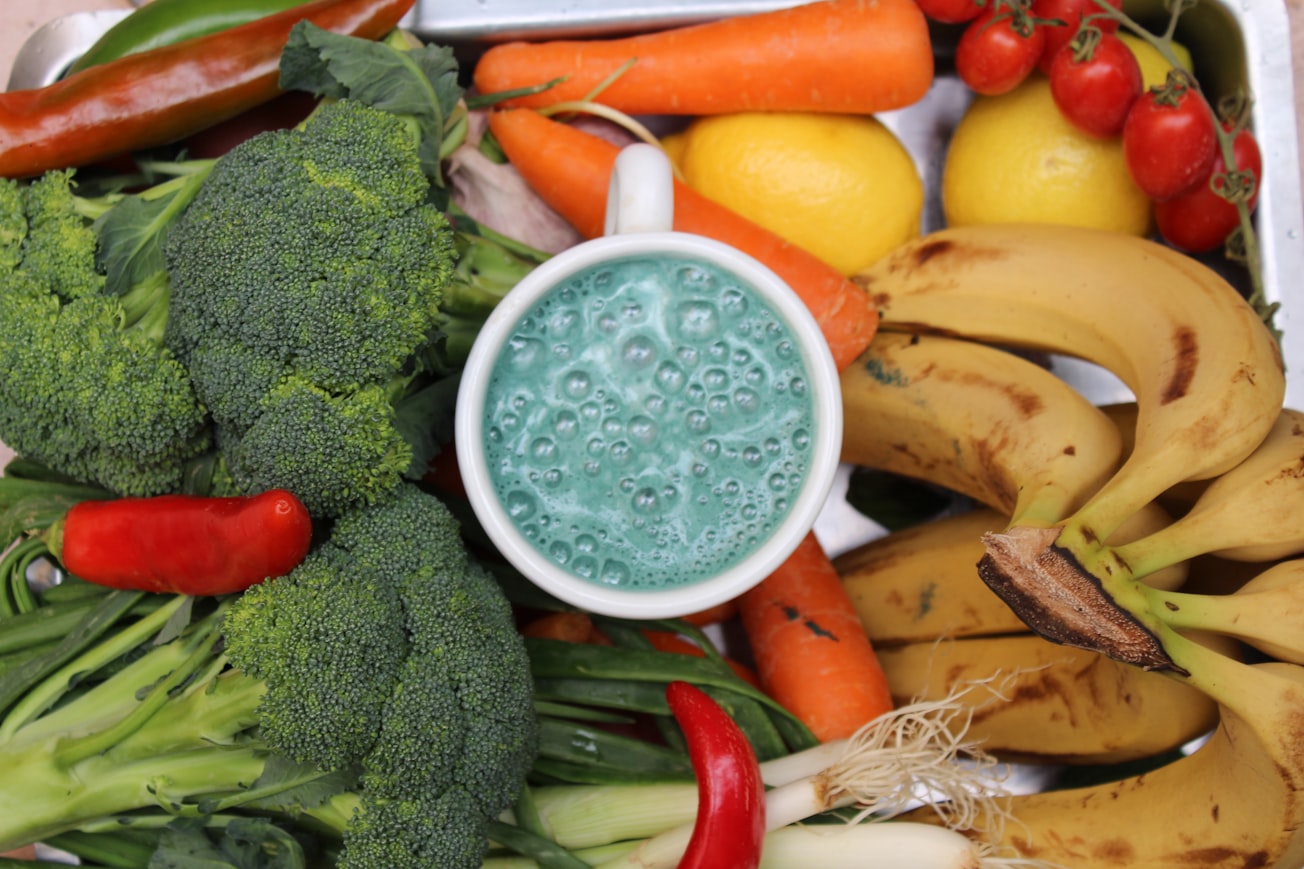What is it about?
This paper puts forward the idea that green spaces around us - especially edible, surprising spaces that WANT to be a commons - have a magic to them that inspires and provokes people. No matter how imperfect the way a project plays out in reality, once built, it inserts something new - some drama, some love, some awkwardness, some playfulness - into everyday life. It changes our behaviours and reactions, it surprises us.
Featured Image

Photo by joe holiday on Unsplash
Why is it important?
At a time when the ecological numbers play out in such a stark, vast and all-consuming ways, we run the risk of overlooking the capacity for social systems to change things, at scale, through emergent practices. Revolutionary change and social movements have been seen as solely political (in a narrow sense of the word) for too long. The ecological changes we see today are sparking new forms of change - new desires to connect with the changing planet, and new demands on urban infrastructure. Our urban built environment is an active agent in teaching and equipping us with the capacities to see, live, and build differently. Through empirical material, this paper suggests how and what these capacities might be.
Perspectives
Commonly-shared green spaces invigorate our city, but it's far more interesting to see what they unintentionally create. Real social value arises in the hybrid interactions between humans and non-humans in these spaces. Spaces become active participants - they have the potential to touch our emotional cores - through touch, smell, sight, sound, taste, and gut. These spaces are not the only common good: they present the opportunity to spatially negotiate regulatory slippage, and this is also a common good.
Huiying Ng
Read the Original
This page is a summary of: Recognising the edible urban commons: Cultivating latent capacities for transformative governance in Singapore, Urban Studies, May 2019, SAGE Publications,
DOI: 10.1177/0042098019834248.
You can read the full text:
Contributors
The following have contributed to this page







